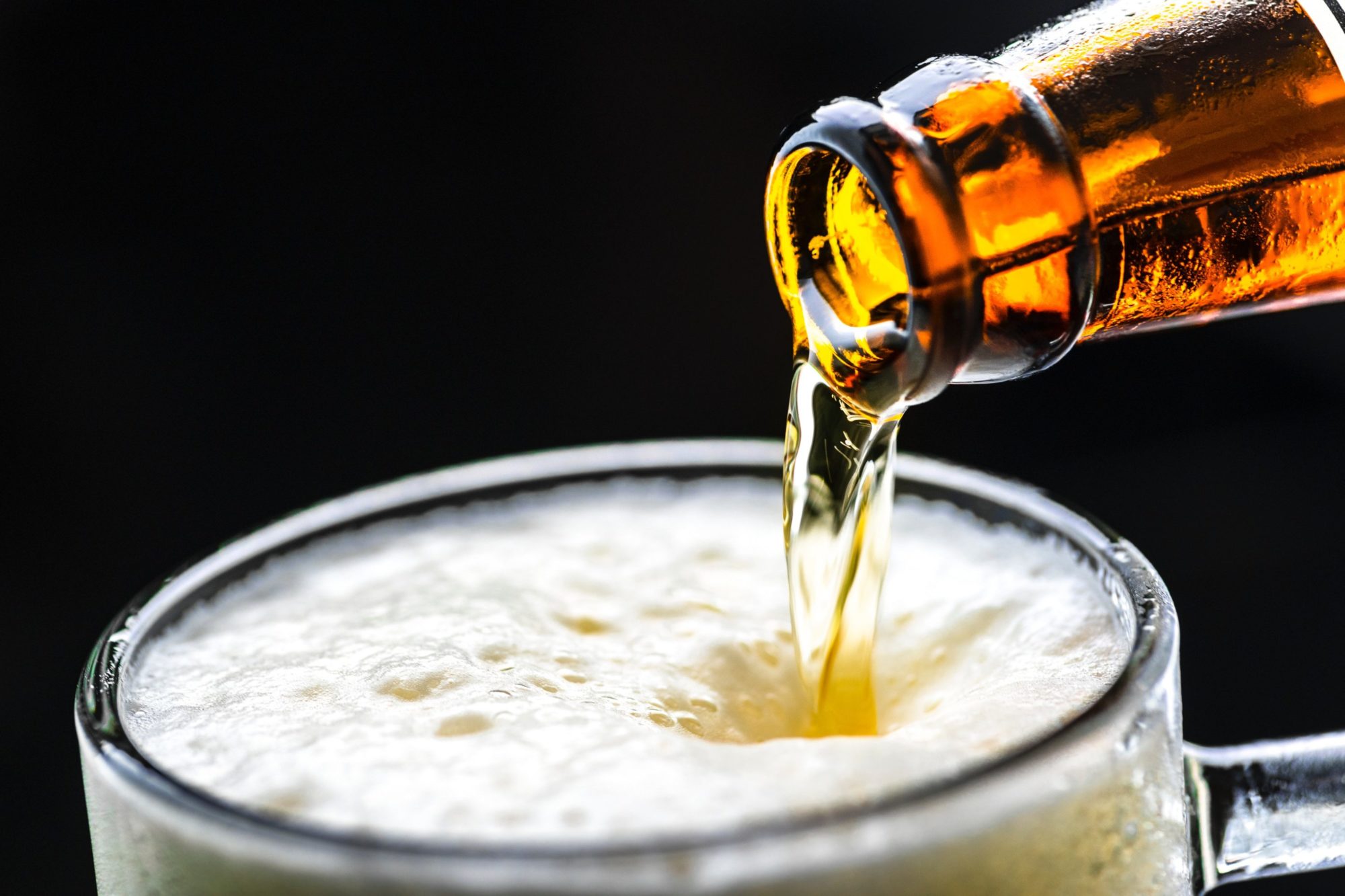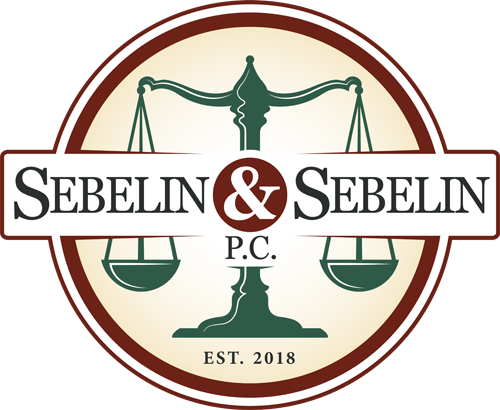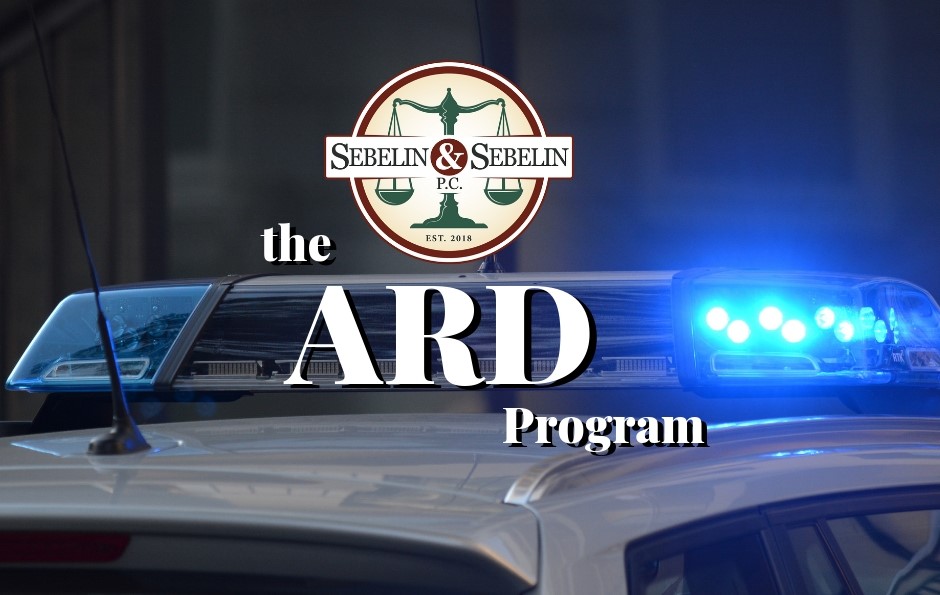
Driving Under the Influence (DUI) – FAQ
The consumption of alcohol, illegal drugs, and certain prescription medications have the potential to impair your ability to operate a motor vehicle. In Pennsylvania, if it is determined that you have been driving a motor vehicle while so influenced, you may be arrested for “driving under the influence” or “DUI”. DUI is a serious criminal offense which may jeopardize your freedom and financial security. The attorneys at Sebelin & Sebelin, P.C. have been handling DUI cases for over twenty years. If you have been charged for a DUI, you should contact our office immediately to schedule a free consultation. But if you need information now, our office has prepared this guide to help you understand some basic concepts relating to Pennsylvania DUI Law.
What is considered a DUI?
As we are all aware, laws may be changed or altered by the Legislature, but as of 2018, Pennsylvania Law considers an individual to be driving under the influence when:
 General Impairment: When the individual imbibed a sufficient amount of alcohol that would render them incapable of safely driving, operating or being in actual physical control of the movement of the vehicle.
General Impairment: When the individual imbibed a sufficient amount of alcohol that would render them incapable of safely driving, operating or being in actual physical control of the movement of the vehicle.- Blood Alcohol .08 or Greater: The individual consumed a sufficient amount of alcohol such that the alcohol concentration in the individual’s blood is at least ..08% within two hours after the individual has driven, operated, or been in physical control
- Under the influence of Drugs/Prescription Drugs: Or generally when the individual is under the influence of a controlled substance which impairs their ability to drive or when there is a sufficient amount of controlled substances in a person’s blood stream.
What to do when your vehicle is stopped by Police:
When you are pulled over by the police, you should remain calm and courteous to the officer. You should provide your name, driver’s license, insurance information, or any basic information necessary to identify you, issue tickets, and fill out accident reports.
Do I have to consent to a vehicle search?
If the officer asks to search your vehicle during a routine traffic stop, you have no obligation to consent to a search. A police officer may only search your vehicle if they have probable cause to do so. You should affirmatively state “I do not consent to a search of my vehicle”.
The officer believes I’m under the influence – now what?
After interacting with the driver, the officer may notice signs of intoxication. This may include, but is not limited to, slurred speech, glassy or blood shot eyes, the smell of alcohol emanating from the driver/vehicle, etc. If this occurs, the arresting officer will initiate field sobriety tests.
How does a Police Officer Determine if I have been Driving Under the Influence?
If you are stopped by a police officer for a suspected DUI offense, you may be asked to submit to one or more field sobriety tests (e.g., walking a straight line, counting backward, etc.) which are designed to demonstrate whether you are in fact too intoxicated to safely operate a motor vehicle. In addition, you will probably be asked to take a chemical test to determine the level of alcohol in your bloodstream. Most commonly, this will involve either a blood sample test or a breathalyzer test. In general, under Pennsylvania law, if the amount of alcohol by weight in your blood is found to be 0.08% or greater, you are presumed to be too drunk to drive. For minors and commercial-vehicle drivers, the legal limits are even lower. However, if based on his or her observations, the officer has reason to believe that you are too drunk to drive, you may be arrested for DUI even if your blood alcohol level is less than 0.08%.
The basis for determining a DUI is not without its weaknesses. Ultimately, the prosecution has the burden of proving that the results of the test and/or the officer’s observations are reliable. Because blood alcohol tests are designed to measure the level of alcohol in the bloodstream many factors, such as the timing of the test, the effects of any prescription medications, and the physical size of the accused should be considered. The attorneys at Sebelin & Sebelin P.C. will help determine not only whether the DUI test was valid, but also whether the officer had a basis to initiate such tests.
Should I Submit to A Blood Sample Test or Breathalyzer Test?
In most cases, yes. However, because circumstances vary, and because a DUI conviction may have far-reaching consequences on virtually every area of one’s personal and professional life, there is no one right answer for every person or every situation. Contrary to popular belief, you can still be prosecuted and found guilty of a DUI offense even if you refuse to submit to a blood or alcohol testing. Ultimately, determining whether you should submit to testing should be discussed with the attorneys at Sebelin & Sebelin P.C.
What if I’m Arrested?
 Every DUI arrest involves varying circumstances and issues which make answering this question difficult. If you are arrested, you may face jail time and financial penalties. In some cases, a person may be eligible for an alternative disposition of their pending DUI charge. The prosecutor has the discretion to offer Accelerated Rehabilitation Disposition, or “ARD”, to persons who are charged with DUI and other nonviolent crimes. Participation in the ARD program is in lieu of the sentence, which is otherwise prescribed by law, and may involve counseling and the completion of one or more instructional classes at the expense of the participant. The attorneys at Sebelin & Sebelin, P.C. will explain ARD, the costs involved, and your likelihood of eligibility for the program. However, each county has different requirements and guidelines for a person to be admitted into such a program, and as a practical matter, repeat offenders will not be allowed to participate in ARD. Based on your individual circumstances and needs, Sebelin & Sebelin P.C. will be able to assess your situation and discuss the possible outcome of your case. Even if a jail sentence is mandatory, your attorney may be able to negotiate a modified sentence that will permit you to continue to go to work and attend to other important family needs.
Every DUI arrest involves varying circumstances and issues which make answering this question difficult. If you are arrested, you may face jail time and financial penalties. In some cases, a person may be eligible for an alternative disposition of their pending DUI charge. The prosecutor has the discretion to offer Accelerated Rehabilitation Disposition, or “ARD”, to persons who are charged with DUI and other nonviolent crimes. Participation in the ARD program is in lieu of the sentence, which is otherwise prescribed by law, and may involve counseling and the completion of one or more instructional classes at the expense of the participant. The attorneys at Sebelin & Sebelin, P.C. will explain ARD, the costs involved, and your likelihood of eligibility for the program. However, each county has different requirements and guidelines for a person to be admitted into such a program, and as a practical matter, repeat offenders will not be allowed to participate in ARD. Based on your individual circumstances and needs, Sebelin & Sebelin P.C. will be able to assess your situation and discuss the possible outcome of your case. Even if a jail sentence is mandatory, your attorney may be able to negotiate a modified sentence that will permit you to continue to go to work and attend to other important family needs.
Advice from the Lawyers at Sebelin & Sebelin, P.C.
The best way to avoid being arrested for a DUI is to drink responsibly; however, we also understand that mistakes do happen. If you are being charged for driving under the influence, you should consult with our office immediately to determine how to handle, and ultimately resolve, the criminal charges. If you are dealing with an ongoing alcohol addiction, don’t try to confront it on your own, you should contact your local Alcoholics Anonymous chapter as well. For more information, contact our office at 610-379-4499 or visit our website to set up a free consultation.

